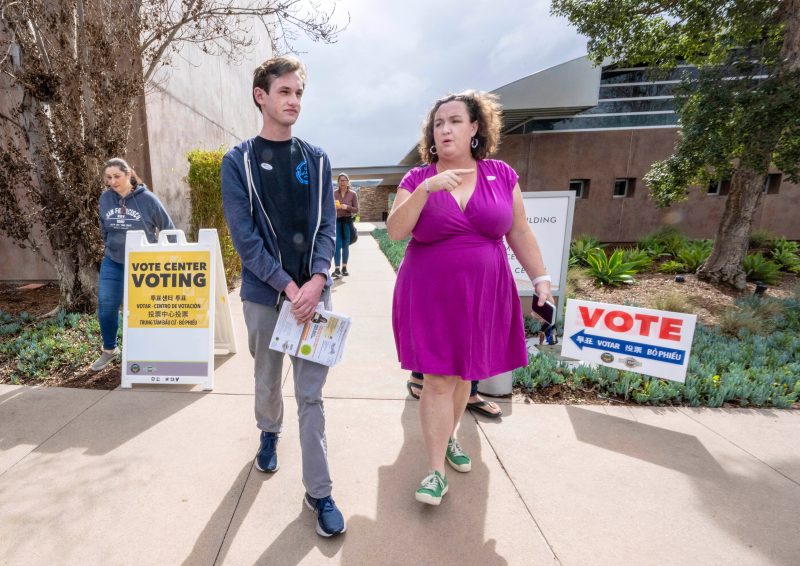In a political environment filled with constant twists and turns, the clash between insider support and outsider appeal remains a significant theme. The dynamic between seasoned politicians and fresh faces vying for power carries implications that resonate deeply with voters. A prime example of this dichotomy exists within the realms of the Trump administration, where the contrasting influences of insider Adam Schiff and outsider Rob Porter play pivotal roles.
Adam Schiff, a prominent figure in the Democratic Party and Chairman of the House Intelligence Committee, symbolizes the quintessential insider. With years of political experience under his belt, Schiff’s influence stretches across party lines and legislative domains. His insider status grants him access to extensive networks, insider knowledge, and the ability to navigate the intricate web of political relationships in Washington. These attributes endow him with a deep understanding of the political landscape and the mechanisms that drive decision-making processes.
In contrast, Rob Porter represents the embodiment of outsider appeal within the Trump administration. As a former White House Staff Secretary, Porter lacks the extensive political background and insider connections that characterize his counterpart, Adam Schiff. However, Porter’s outsider status holds its own allure, resonating with a segment of the population seeking a break from traditional political elites. His outsider appeal lies in his perceived ability to bring fresh perspectives and unconventional solutions to the table, unencumbered by the confines of traditional political structures.
The clash between Schiff’s insider support and Porter’s outsider appeal highlights the perennial debate surrounding experience versus novelty in politics. While insiders like Schiff rely on their established credentials and networks to drive change from within the system, outsiders like Porter offer a promise of disruption and innovation that resonates with voters disillusioned by the status quo.
The significance of insider support and outsider appeal extends beyond individual personalities and permeates the broader political landscape. The tension between these two forces underscores the complex interplay between experience and change, stability and upheaval, tradition and innovation in the realm of politics. As voters navigate through the ever-evolving political landscape, the choice between insider support and outsider appeal reflects their ideological priorities, values, and aspirations for the future of governance.
In conclusion, the juxtaposition of Adam Schiff’s insider support and Rob Porter’s outsider appeal offers a compelling narrative that encapsulates the broader dynamics of political power. The clash between these contrasting forces underscores the intricate dance between experience and novelty, tradition and disruption, insider knowledge and outsider perspectives in the realm of politics. As we witness the unfolding drama of political power play, it becomes evident that the interplay between insider support and outsider appeal continues to shape the course of modern governance.

